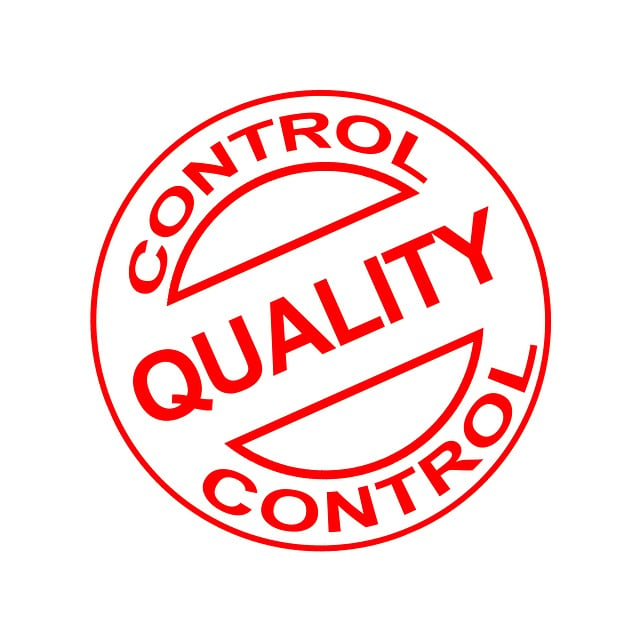Comprehensive HVAC Inspections: Protecting Albany Businesses with Expert Care
Businesses in Albany, NY rely on efficient HVAC systems for productivity, occupant comfort, and safety compliance. Comprehensive HVAC inspections are…….
Welcome to an in-depth exploration of the critical practice of HVAC (Heating, Ventilation, and Air Conditioning) inspection in Albany, a city known for its blend of historical charm and modern amenities. This article aims to guide readers through the intricate world of HVAC inspections, highlighting their significance, global impact, economic considerations, technological advancements, policy frameworks, challenges, and future prospects. By delving into these aspects, we will uncover the vital role that HVAC inspections play in ensuring comfort, safety, and energy efficiency in buildings across Albany and beyond.
HVAC inspection Albany refers to the thorough examination of heating, ventilation, and air conditioning systems within commercial, industrial, and residential properties. It involves a multi-faceted approach to assess the functionality, safety, and efficiency of these critical systems. The core components include:
The practice of HVAC inspection has evolved significantly over time, driven by advancements in technology, growing environmental concerns, and stricter building codes. Historically, HVAC systems were often viewed as luxury amenities, but increasing awareness of indoor air quality (IAQ) and energy efficiency has transformed them into essential components of modern buildings.
Today, HVAC inspections are crucial for several reasons:
HVAC inspection practices vary across regions, influenced by local climates, building codes, and cultural norms. However, several global trends are shaping the industry:
| Region | Key Trends |
|---|---|
| North America | Emphasis on energy efficiency, adoption of smart HVAC systems, and increased focus on sustainable practices. |
| Europe | Strict energy performance regulations, such as MINDIRN (Minimum Energy Performance Requirements for Renewable Heat), driving high-efficiency system installations. |
| Asia Pacific | Rapid urbanization leading to dense construction, creating a demand for compact, efficient HVAC solutions. |
| Middle East and Africa | Growing focus on sustainable building practices due to extreme climates and resource conservation efforts. |
While global trends provide direction, regional disparities create unique challenges:
The HVAC inspection market is a vital component of the broader building services sector. Key economic factors include:
Investment in HVAC inspections often involves:
Technological advancements have revolutionized HVAC inspection practices:
These advancements offer significant benefits:
In the future, integration of artificial intelligence (AI) and machine learning (ML) algorithms could further automate inspection processes, predict equipment failures, and optimize energy distribution.
Key policies and regulations governing HVAC inspections vary across jurisdictions but generally include:
Stringent policies drive industry practices in several ways:
Despite its benefits, HVAC inspection Albany faces several challenges:
Addressing these issues involves strategic approaches:
The following case studies highlight successful HVAC inspection initiatives in Albany:
The future of HVAC inspection Albany is filled with promising trends and opportunities:
HVAC inspection Albany is a dynamic field that continues to adapt and grow with technological advancements, regulatory changes, and evolving building standards. As buildings become increasingly complex and energy-intensive, the role of thorough HVAC inspections becomes more critical. By embracing innovations, addressing challenges proactively, and staying aligned with global trends, the HVAC industry in Albany can ensure comfortable, safe, and sustainable indoor environments for generations to come.
Q: How often should HVAC systems be inspected?
A: Recommendations vary, but a comprehensive inspection every 1-3 years are generally advised for commercial and residential buildings. More frequent inspections may be necessary for older systems or in regions with extreme climates.
Q: What does an HVAC inspector look for during a routine check-up?
A: Inspectors assess overall system functionality, including heating capacity, ventilation efficiency, air quality, and energy performance. They also verify safety features, identify potential leaks, and ensure compliance with codes.
Q: Can HVAC inspections help reduce energy bills?
A: Absolutely! Regular inspections can uncover inefficiencies leading to higher utility costs. By identifying areas for improvement, building owners can implement cost-saving measures, reducing long-term energy expenses.
Q: How do I know if my HVAC system needs an upgrade?
A: Signs may include increased energy bills, inconsistent temperature control, unusual noises, or frequent repair needs. An inspection can provide insights into the system’s performance and recommend necessary upgrades.
Q: Are there any government incentives for HVAC system upgrades?
A: Yes, many governments offer incentives, grants, or tax credits to encourage the adoption of energy-efficient HVAC systems, helping offset the costs of upgrades.

Businesses in Albany, NY rely on efficient HVAC systems for productivity, occupant comfort, and safety compliance. Comprehensive HVAC inspections are…….